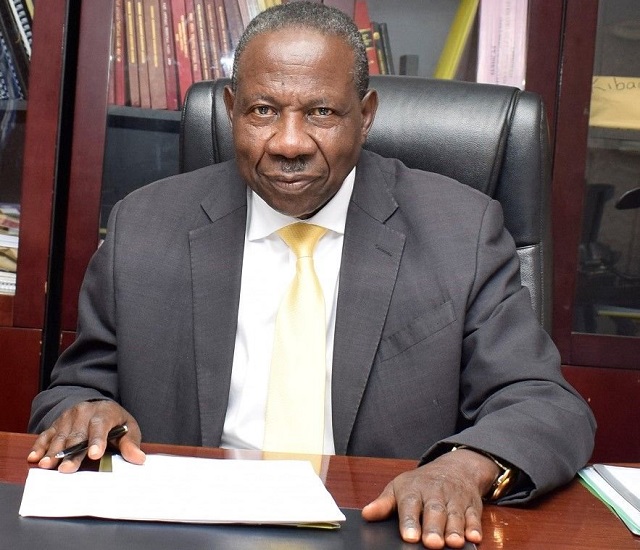
It is pro-growth, pro-poor; what is important is pushing for its effective implementation
Kampala, Uganda | JULIUS BUSINGE | On June 13, Minister for Finance, Planning and Economic Development, Matia Kasaija, delivered the Shs40trillion National Budget for the Financial Year 2019/2020 under the theme “Industrialization for job creation and shared prosperity.”
The new Financial Year, take effect on July 01, and The Independent has picked opportunities that the new budget presents to its citizens in various sectors.
Access to credit
Financial experts have always argued that access to affordable finance is an important catalyst for the growth of viable private sector enterprises and job creation.
Now, borrowers will have a chance to access Shs103.5bn that the government has allocated to Uganda Development Bank. In addition, to support private companies raise equity capital, the Capital Markets Authority will establish a center to facilitate access to long term domestic and foreign capital on the stock exchange.
Kasaija said the government is also providing an additional Shs40 billion to the Microfinance Support Centre for lending to small businesses at affordable interest rates, not exceeding 12% per annum.
To the youth and women entrepreneurs, the government hopes to continue implementing special programmes to enhance their access to credit. The Skills Programme for Youth and the Uganda Women’s Entrepreneurship Programme has been allocated Shs130billion and Shs32 billion respectively.
Financial sector reforms including agency banking, bancassurance, Islamic banking, and enhanced access to Credit Reference Bureau services, will reduce operational costs of commercial banks.
There are also opportunities related to supply of inputs to the new 87 factories that are under construction and the 120 that are at pre-investment stage.
The government is also committed to developing several industrial parks by providing basic infrastructure including roads, electricity, water and information technology and communications infrastructure.
Fourteen other Free Zones to promote exports have also been licensed in Arua, Jinja; Kalungu, Mpigi, Mukono, Wakiso, Tororo, Kampala, and Buikwe.
Speeding up industrialisation
Kasaija said in the budget speech that the government is fast-tracking feasibility studies, including engineering designs, for all the proposed industrial parks, developing service industrial parks and workspaces, reforming technical and vocational education and training to provide the skills required in the job market.
In addition, establishing the industrial skills production center at Kampala Industrial Area (Namanve) to provide skills development, innovation and knowledge transfer critical for researchers, industrialists, innovators and youth in particular will be prioritised. The center will also address technology gaps while boosting value addition.
Farmers around Soroti will benefit from the additional Shs10billion allocated to the Soroti Fruit Factory as working capital to purchase required raw materials.
For investors, Kasaija announced a reduction in the minimum investment threshold that allows developers of free zones and industrial parks to be eligible for tax incentive from $100million to $50million.
He announced plans to reduce the minimum investment threshold that allows operators within industrial parks to be eligible for tax incentives to $10million for foreigners and $1million for local investors.
To further support this sector, Kasaija said the provision of Shs428billion next financial year for electrification of industrial parks (Shs.147billion), the development of supportive export infrastructure in export processing zones and industrial parks (Shs103 Billion) and science technology and innovation (Shs178 billion).
Agriculture sector
The new budget is targeting increased output of food in addition to creating more opportunities. Kasaija said construction of the major irrigation schemes have progressed and are at different stages of completion- Doho II in Butaleja (48.6%); Mubuku II in Kasese (22.5%); Wadelai in Nebbi District (18.2%); Torchi in Oyam District (57%); Ngenge in Kween District (54.1%) and Rwengaaju in Kabarole district (50%).
The government will further support commercialisation of agriculture through provision of storage facilities and linking farmers to agro-processing facilities to support agro-industrialisation.
Post-harvest facilities will be built in Bunyangabu, Kibuku, Kumi, Kyenjojo, Ntoroko and Nakaseke districts. Delivery of quality inputs and services including seed and planting materials, mechanisation, fertilizer, agricultural credit and extension services are being targeted.
 The Independent Uganda: You get the Truth we Pay the Price
The Independent Uganda: You get the Truth we Pay the Price



